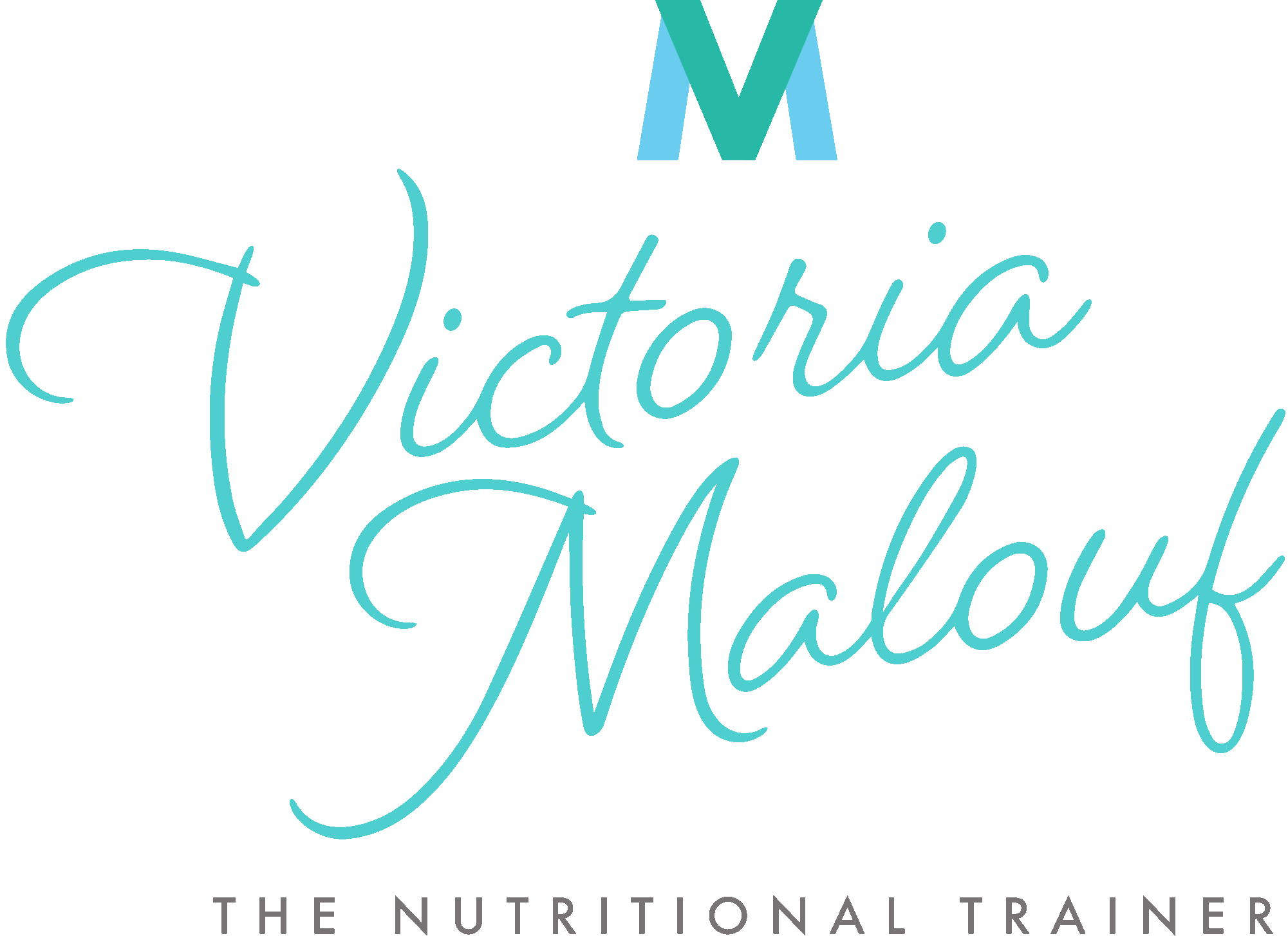Is Breakfast really the most important meal of the day?
- Victoria Malouf

- Mar 18, 2019
- 3 min read
We've long been told that breakfast is the most important meal of the day and is a must do for everyone
But is it really?
This has now been shown that it can vary depending on your age and activity level. There is no doubt that eating a healthy nutritious breakfast sets you up for the rest of the day and gets you into good eating habits. And this has been clinically show to be vitally important especially in children, as it is directly correlated to their cognition, learning and concentration when at school. There have been studies done on students that went to school with and without breakfast and the ones that had breakfast has remarkably better performance and concentration than those that went without.

On the opposite hand, for adults, the time that you eat your first meal and break your overnight fast is all about personal preference. A lot of people tend to not feel hungry first thing in the morning so the thought of waking up and then having to eat straight away makes them nauseous and sick. Think about it - if you are a bigger meal the night before, the next morning you aren't necessarily going to be feeling hungry straight away so forcing yourself to eat something is going to be counterproductive and probably make you feel even more sick and full. The people who wake up and are starving are the ones who typically eat 6 smaller meals per day or who ate a lighter meal the night before. In saying that, these are often shift workers who may have only eaten dinner late or are still trying to catch up on sleep from their previous shift so their meal times do not have a usual pattern.
Although we have all had the eat 3 meals per day drilled into us for decades, there is no hard and fast rule about weather you should eat 3 bigger or 6 smaller meals per day and the timing of those meals. There has been quite a bit of new research and studies on intermittent fasting specifically in relation to weight loss. A recent study conducted by Monash University used 13 randomised controlled trials from countries including US, UK and Australia over 28 years to determine the effects that breakfast consumption had on weight change and their total Daily Energy Intake. Showing that both eating and not eating breakfast, you are able to maintain a healthy weight and diet.
I feel the problem is when people don't listen to their hunger cues. Our body is quite intelligent, it sends us hunger and thirst signals so that we know when we need to refuel. Forcing your body to do a 16 or 18 hour fast when you know that you are starving in the morning is going to be quite counterproductive as by lunchtime you are then going to be ravenous and could overeat as you're hungry. If you are diabetic or have a health condition then eating breakfast and making sure that your insulin levels are being monitored is paramount, and if you exercise then it is best to eat straight after your session to replenish your lost calories and rehydrate. Otherwise the best thing is to eat when your are hungry and stop when you are full.






Comments